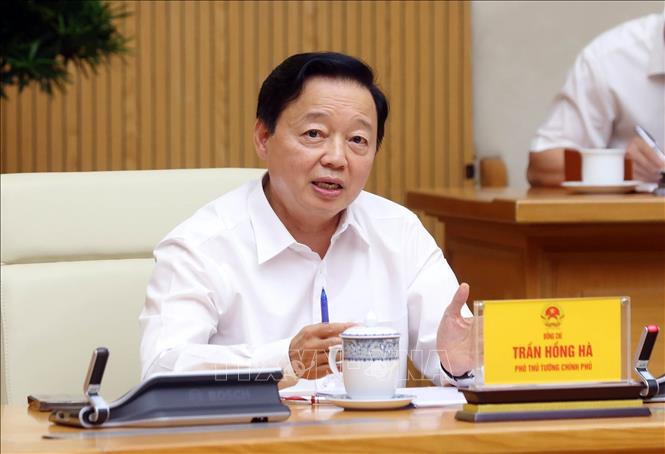
Research on the model of "chief engineer"
According to the report of the Ministry of Construction , the draft Decree aims to establish a legal mechanism to gradually form core enterprises to create a premise for the domestic railway industry to develop, form a supply chain for manufacturing railway industrial products and goods; gradually master technology, aiming to create railway industrial products that achieve national brands.
The draft Decree has new provisions, which for the first time are regulated according to the tasks assigned in the 2025 Railway Law and relevant resolutions of the National Assembly . The draft Decree aims to resolve practical difficulties in that there are no regulations on assigning tasks and ordering the provision of railway industrial goods and services using budget capital other than regular expenditure.
The Draft Decree has revised and perfected the criteria for selecting suppliers in a strict direction, ensuring the selection of enterprises with real potential, capable of accessing advanced railway technology, playing a core role, leading the domestic industry, participating deeply in the supply chain of railway industrial products, gradually mastering technology, aiming to build a national brand in this field.
Criteria groups include: Financial capacity; facilities; human resource capacity; ability; experience in performing tasks; product quality.
Notably, smaller-scale enterprises are participating in some components of railway industrial goods and services as supporting partners, creating a foundation for forming a domestic supporting industrial chain, promoting the comprehensive development of Vietnam's railway industry.
The draft also stipulates the content of assigning tasks and ordering the provision of railway industrial goods and services; implementation procedures; responsibilities of the assigning and ordering agencies and suppliers.
At the meeting, representatives of several ministries and branches said that the establishment of an ordering mechanism in the development of the railway industry must be considered as placing trust in new, unprecedented fields; it is necessary to clearly identify the person with the right to place orders, avoiding dispersion and overlap in implementation. In particular, it is necessary to study the model of a "general engineer" with sufficient authority and capacity to coordinate, connect and supervise the implementation, ensuring synchronization between participating entities.
The Decree needs to be linked to the development roadmap and localization capacity of domestic enterprises, based on actual needs until 2030 and 2045. The order needs to clearly identify the products that domestic enterprises can produce, localize and supply for existing, urban and high-speed railway types.
Ordering criteria should be divided into two categories. For future products and services, the enterprise must have a factory, production line, technology, labor, production capacity, inspection, warranty, maintenance and financial capacity. For existing products, the main criteria are conformity, compliance, inspection, warranty, maintenance and synchronization.
In some cases, to ensure the uniformity and compatibility of equipment, the decree needs to allow the ordering of imported components and parts that cannot be produced domestically but are necessary to ensure the uniformity of the entire railway system.
Creating a breakthrough in domestic production capacity
Concluding the meeting, Deputy Prime Minister Tran Hong Ha emphasized that the ultimate goal is to form an independent, self-reliant railway industry with the capacity to master the value chain and core technology. The development strategy must be set within a clear framework, reflecting the Party and State's orientation on developing the foundation industry, especially mechanical engineering, design and synchronous technology.
The Deputy Prime Minister requested to clearly define the product list and core value chain, not to spread out, to focus on key areas of the railway industry; to prioritize the development of high-speed railways, because when mastering this field, it will automatically master the lower sub-sectors. The State needs to "order" unprecedented products and technologies, creating a breakthrough in domestic production capacity.
Participating enterprises must have a clear technology transfer plan, commit to gradually increasing the localization rate, have a research institute, a team of engineers, design and manufacturing capacity and meet international technical standards and regulations; organize a production ecosystem, have a network of downstream suppliers, demonstrate the ability to link and organize a synchronous production chain.
The State needs to commit to a stable consumption market for ordered products; have outstanding preferential policies to support businesses in research, technology transfer, human resource training, research institute development... At the same time, establish an appraisal council, select businesses, publish a list and clear criteria, ensure transparency, and strict legality in assigning tasks.
Regarding the ordering mechanism, the Deputy Prime Minister affirmed that the ordering entity is the State, not the locality or individual investor. However, this is a new, complicated and unprecedented issue; it is necessary to limit the scope of application, focusing only on a number of industries that do not have it yet to avoid spreading.
Ministries and sectors develop specific roadmaps, implement model and key projects; complete legal bases, registration procedures, and capacity assessment; ensure specific products with high practical applicability.
Source: https://baotintuc.vn/thoi-su/hinh-thanh-nganh-cong-nghiep-duong-sat-doc-lap-tu-chu-20251016134438819.htm



![[Photo] General Secretary To Lam attends the 18th Hanoi Party Congress, term 2025-2030](https://vphoto.vietnam.vn/thumb/1200x675/vietnam/resource/IMAGE/2025/10/16/1760581023342_cover-0367-jpg.webp)
![[Photo] Nhan Dan Newspaper launches “Fatherland in the Heart: The Concert Film”](https://vphoto.vietnam.vn/thumb/1200x675/vietnam/resource/IMAGE/2025/10/16/1760622132545_thiet-ke-chua-co-ten-36-png.webp)



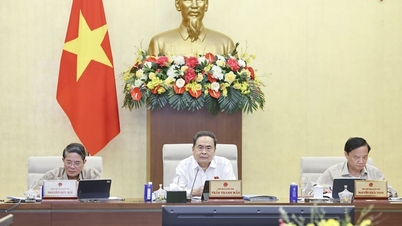
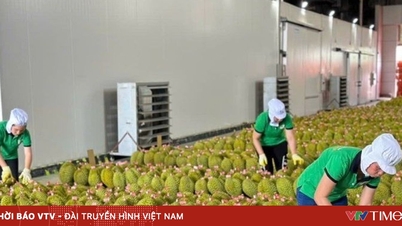

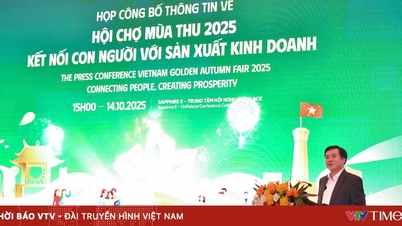


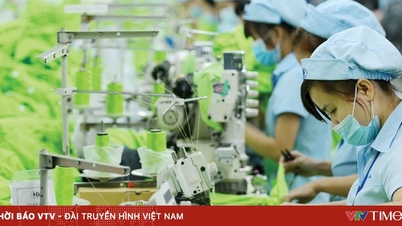



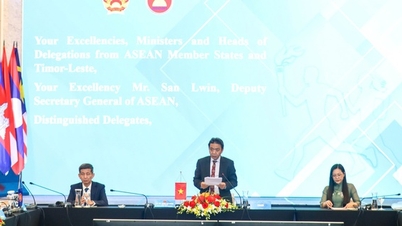

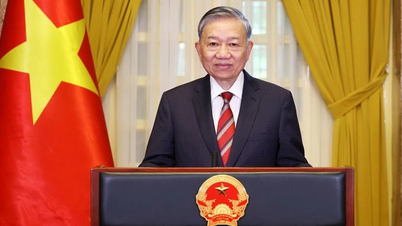


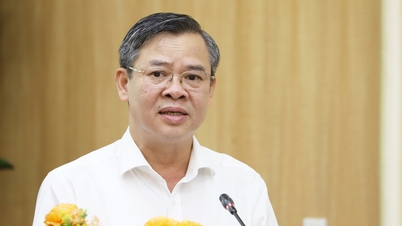
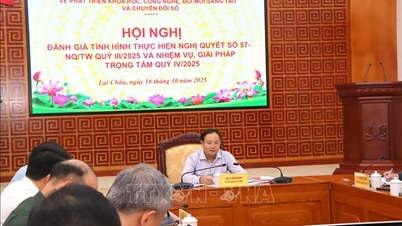




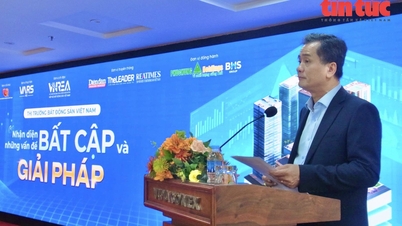
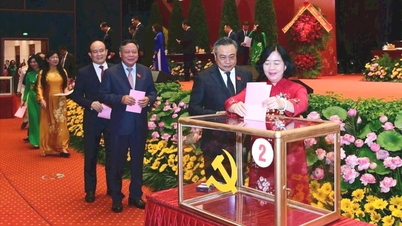
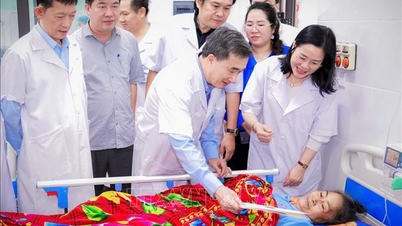
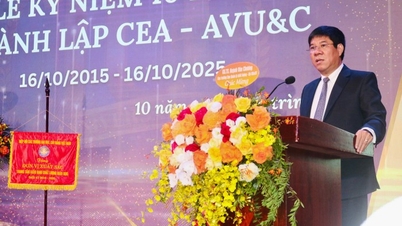
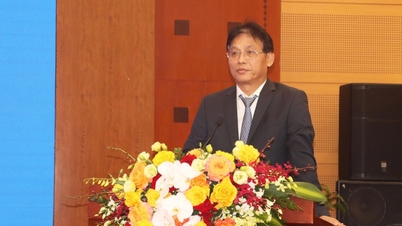







![[Video] TripAdvisor honors many famous attractions of Ninh Binh](https://vphoto.vietnam.vn/thumb/402x226/vietnam/resource/IMAGE/2025/10/16/1760574721908_vinh-danh-ninh-binh-7368-jpg.webp)

























![[Photo] Nhan Dan Newspaper launches “Fatherland in the Heart: The Concert Film”](https://vphoto.vietnam.vn/thumb/402x226/vietnam/resource/IMAGE/2025/10/16/1760622132545_thiet-ke-chua-co-ten-36-png.webp)





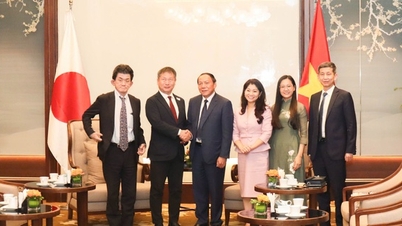
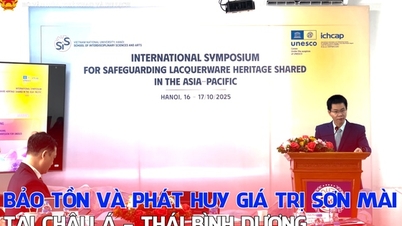
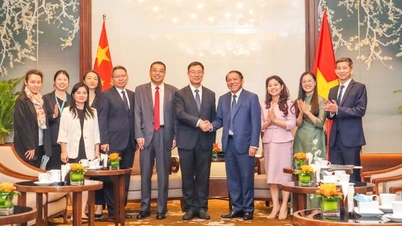
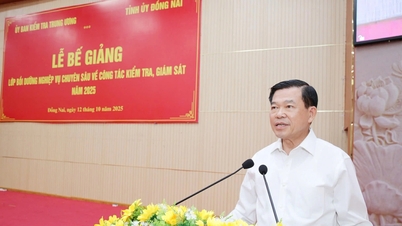




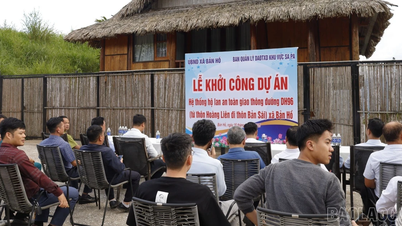

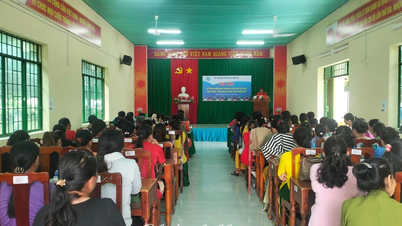

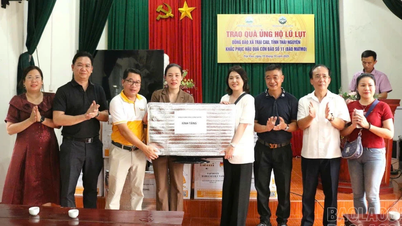

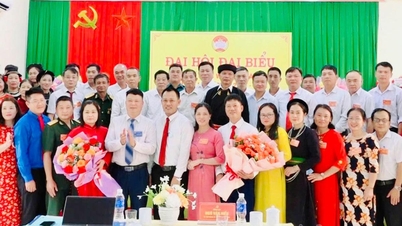


















Comment (0)